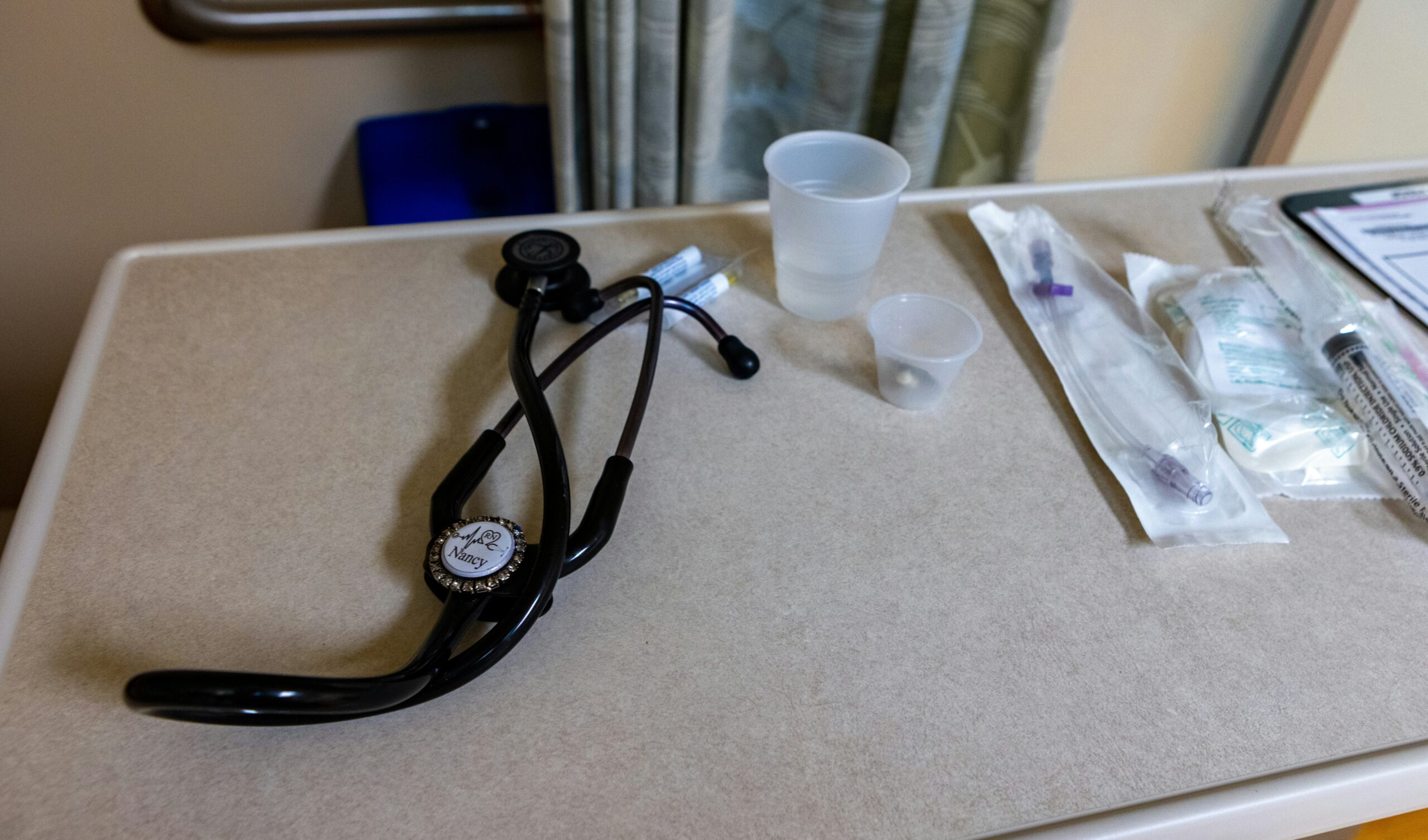AI and Digital Tools in Health

The future of AI is upon us. And while the healthcare system has come to realize that AI has become a must in functioning at the optimum level yet some parts are still taking the backbench. From diagnosing, to treatment to monitoring, AI has become a powerful tool reshaping the healthcare industry. It’s bringing out desired results in patients, streamlining workflows for providing while ensuring economic stability. And no, it is not replacing humans as many feared but rather it is one where technology and humans work together to improve care for patients.
As AI grows, many are leveraging these digital tools for chronic health conditions such as diabetes, heart conditions and mental health.
Moreover, AI is coming through in providing personalized human-centric care, from the patients journey to care.
How Technology Is Transforming Care
Smarter Tools, Healthier Lives
There are now smarter tools that are transforming the way providers work.
Take IBM Watson Health, for example. It is one of the earliest tools in healthcare. It helps doctors analyze huge medical information and patient data with the help of natural language processing. Clinicians can now make informed decisions, compare symptoms, track medical history and male comparison with similar cases in the past. The result is a faster, more confident diagnosis and better treatment plans.
Aside from IBM, another AI that is making an impact is Google’s DeepMind. It is tackling some of healthcare’s most complex problems such as detecting eye diseases through scans as accurately as experts. It detects problems early which has trained algorithms to detect over 50 types of eye diseases from retinal scans, sometimes matching the accuracy of human specialists. The technology detects problems early, helping doctors know which cases to prioritize urgently.
AI is also saving time in radiology and aiding in their operations. Tools like Aidoc and Zebra Medical Vision reviews CT scans helping doctors diagnose serious health issues, such as bleeding in the brain, tumors, or fractures. It uses deep learning idemtify patrerns and anomalies, facilitating early diagnosis, amd ensuring precision medicine.
Digital Health Tools for Everyday Life
While hospitals use advanced AI, digital health tools are transforming care at home.
Wearable technology is leading the pack. Devices like the Apple Watch, Fitbit, and Withings ScanWatch allows providers to keep tabs of a patient’s heart rate, blood sugar levels, and even detect irregular heart rhythms without the patient having hospital visits.
The Apple Watch’s ECG feature, for instance, can identify atrial fibrillation, a common but often unnoticed heart condition and alert users to seek medical attention early.
These aren’t just gadgets; they’re personal health companions. They have become a game changer in managing chronic health issues, and improving quality of life.
Mental health has also found its space in the digital world. AI-powered apps like Woebot and Wysa are chatbots helping patients through negative thoughts, emotions, anxiety, stress, loneliness and other mental issues. They are making mental health support easily accessible.
The Rise of Telemedicine and Remote Care
Telehealth was a lifesaver in the pandemic. But it did not stop once lockdowns were removed, it evolved. Teladoc Health, Amwell, and Doctor on Demand are some companies that now offer patients 24/7 access to physicians through video calls, chat, and web-based consultations.
AI does its work behind the scenes. It helps to match the patients to the right specialists, summarize medical notes, and even translate languages to help provide cross-border care. For individuals in rural areas, this means it equates to seeing specialists who were previously inaccessible.
Remote patient monitoring (RPM) is another innovation. Hospitals utilize connected devices to monitor patients recuperating at home from heart failure to diabetes care. For example, Philips’ HealthSuite consolidates patients records, wearable sensors, remote medical monitoring to help doctors spot issues early. Hence, there is no need for hospital readmissions, and patients can have peace of mind.
Predicting and Preventing Disease
Beyond treatment, AI is helping prevent disease before it begins. Predictive analytics systems analyze data from electronic health records, wearable devices, and even environmental sensors to identify people at risk of developing certain conditions.
Tools like Health Catalyst or Epic’s AI modules can predict hospital readmissions, detect early signs of sepsis, or estimate a patient’s likelihood of developing diabetes based on lifestyle and genetics. When healthcare becomes predictive rather than reactive, outcomes improve dramatically.
This technology is already saving lives in public health. AI models monitor social media trends, news reports, and travel data to predict outbreaks, a practice refined during COVID-19. Tools such as BlueDot and Metabiota help governments and organizations prepare faster and respond smarter.
The Human Side of Digital Transformation
Despite the hype with AI, it still cannot replace humans. Although they can analyze millions of data, they cannot develop the empathy and trust that is built between doctors and patients. Moreover, complex digital solutions will require expert hands to analyze.
What AI can do is to save time. Doctors can spend less energy on paperwork and more on patients. Nurses can monitor larger groups safely without missing subtle changes in condition. Patients can feel seen, supported, and informed even from their homes.
Technology also builds bridges across inequality. Rural communities gain access to urban specialists. Language barriers shrink with real-time translation. Disabled or elderly patients who struggle with travel can now receive regular, high-quality care without leaving home.
What does the Future Holds
AI and Digital Tools in Health has become a game changer with even more tools brimming in the horizon. From generative AI to personalised medicine, AI is set to move healthcare from just disgnosing and treament to anticipating and prevention.
When a smartwatch can warn someone before a heart condition turns critical, when an AI system can help a doctor diagnose rare diseases faster, when a virtual therapist can guide someone through a panic attack at 2 a.m., that’s not just innovation, that’s promoting humanity.
The future of health is not about machines replacing people. It’s about machines helping people care for each other better.




